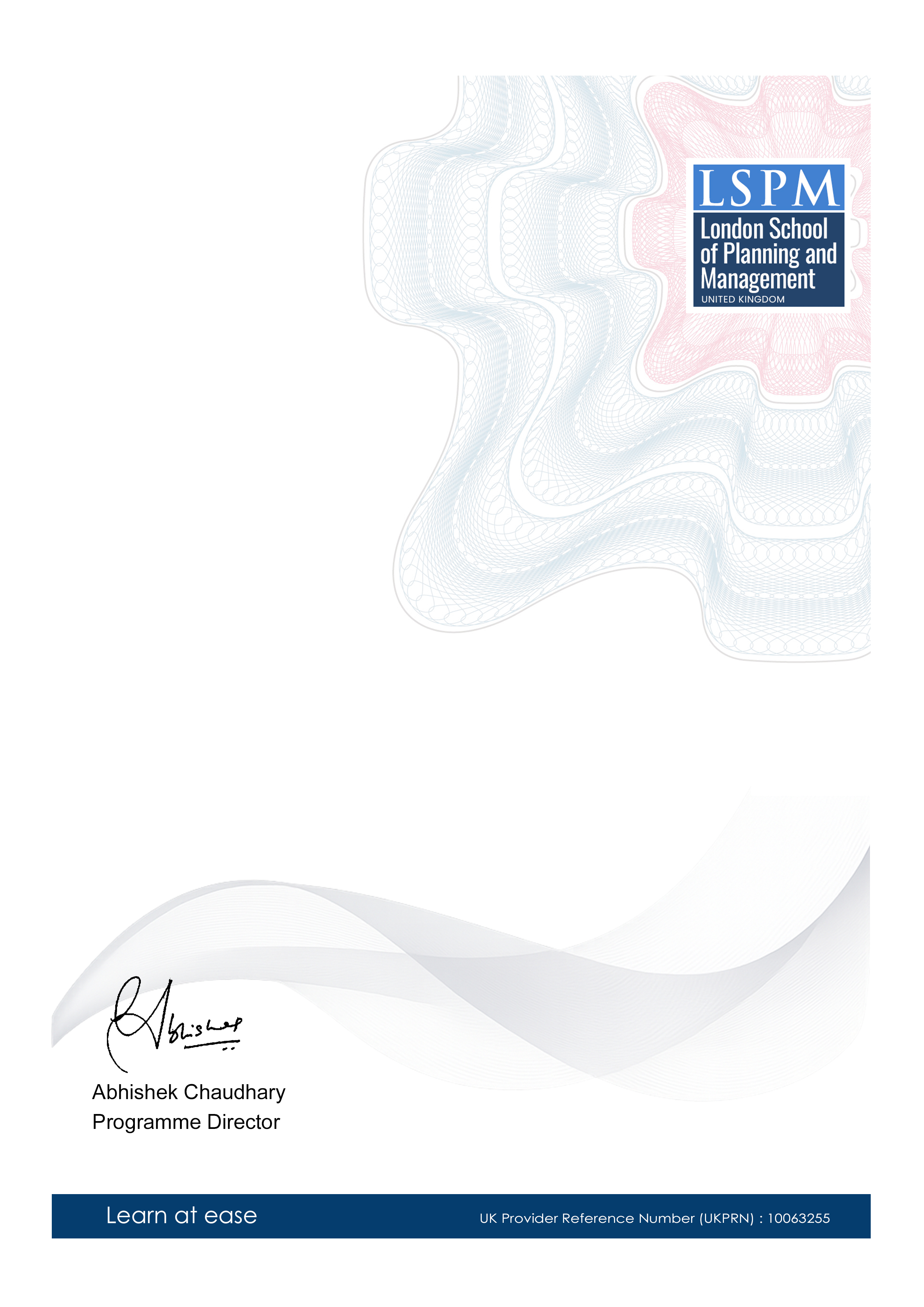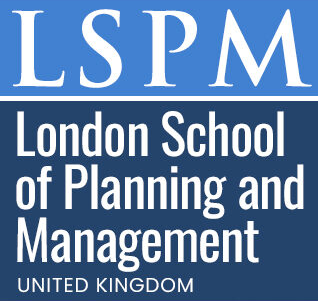Postgraduate Certificate in Communication Disorders in Learning Disorders
-- viewing nowThe Postgraduate Certificate in Communication Disorders in Learning Disorders is a comprehensive course designed to empower educators, therapists, and professionals with the necessary skills to diagnose and manage learning disorders. This certificate program emphasizes the importance of effective communication and evidence-based practices in addressing the unique challenges faced by learners with communication disorders.
5,243+
Students enrolled
GBP £ 149
GBP £ 215
Save 44% with our special offer
About this course
100% online
Learn from anywhere
Shareable certificate
Add to your LinkedIn profile
2 months to complete
at 2-3 hours a week
Start anytime
No waiting period
Course details
Here are the essential units for a Postgraduate Certificate in Communication Disorders in Learning Disorders:
• Assessment and Diagnosis of Learning Disorders: This unit covers the assessment tools and techniques used to diagnose learning disorders in children and adolescents. It also covers the diagnostic criteria for different types of learning disorders.
• Intervention Strategies for Learning Disorders: This unit focuses on the various intervention strategies that can help students with learning disorders. It covers both remedial and compensatory strategies and includes a focus on evidence-based practices.
• Language and Literacy Development in Children with Learning Disorders: This unit explores the language and literacy development of children with learning disorders. It covers areas such as phonological awareness, decoding, vocabulary, and comprehension.
• Educational Psychology and Learning Disorders: This unit examines the educational psychology of learning disorders, including the cognitive and behavioral characteristics of students with learning disorders. It also covers the social and emotional impact of learning disorders on students and their families.
• Research Methods in Communication Disorders: This unit provides an introduction to research methods in communication disorders. It covers topics such as study design, data collection, and data analysis, and emphasizes the importance of evidence-based practice in the field.
• Collaborative Approaches to Communication Disorders: This unit focuses on the importance of collaboration in the field of communication disorders. It covers topics such as interprofessional communication, teamwork, and case management. It also emphasizes the importance of family-centered approaches to intervention.
• Ethics in Communication Disorders: This unit examines the ethical issues that arise in the field of communication disorders. It covers topics such as confidentiality, informed consent, and professional conduct. It also emphasizes the importance of cultural competence and diversity in ethical decision-making.
Career path
Entry requirements
- Basic understanding of the subject matter
- Proficiency in English language
- Computer and internet access
- Basic computer skills
- Dedication to complete the course
No prior formal qualifications required. Course designed for accessibility.
Course status
This course provides practical knowledge and skills for professional development. It is:
- Not accredited by a recognized body
- Not regulated by an authorized institution
- Complementary to formal qualifications
You'll receive a certificate of completion upon successfully finishing the course.
Why people choose us for their career
Loading reviews...
Frequently Asked Questions
Course fee
- 3-4 hours per week
- Early certificate delivery
- Open enrollment - start anytime
- 2-3 hours per week
- Regular certificate delivery
- Open enrollment - start anytime
- Full course access
- Digital certificate
- Course materials
Get course information
Earn a career certificate

